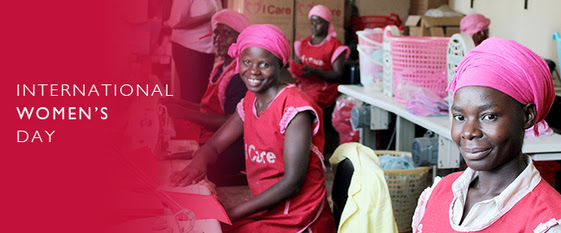

March 8 is International Women’s Day, a time when the international community commemorates the achievements of women and girls around the world and draws attention to what more needs to be done to empower women and promote gender equality. This year’s International Women’s Day focuses on a #PledgeForParity. In global health terms, this means equal access to health services and information that keeps women and girls healthy throughout their life cycle. Despite the progress made in the last few decades, far too many women continue to die during pregnancy or childbirth and witness the death of their children to preventable diseases. Access to family planning services, which can reduce maternal deaths by 30 percent and child deaths by 25 percent globally, remain out of reach for more than 225 million women in developing countries. As the primary caretakers of children, the elderly, and the sick, women are also disproportionately affected by infectious diseases. Tuberculosis, for instance, is one of the top five killers of adult women aged 20–59 years. Women are also more at risk of HIV and AIDS. Globally, 50 young women are newly infected with HIV every hour. Health programs that address gender barriers have been demonstrated to improve overall development outcomes. When women are educated, can space their pregnancies, and can earn and control their hard-earned income, infant mortality declines, child health and household nutrition improve, agricultural productivity rises, population growth slows, economies expand, and cycles of poverty are broken. When countries adopt policies that empower women and girls, they also make a forward looking investment. Learn more
Photo credit: Afri-Can Trust |





















.png)












No hay comentarios:
Publicar un comentario